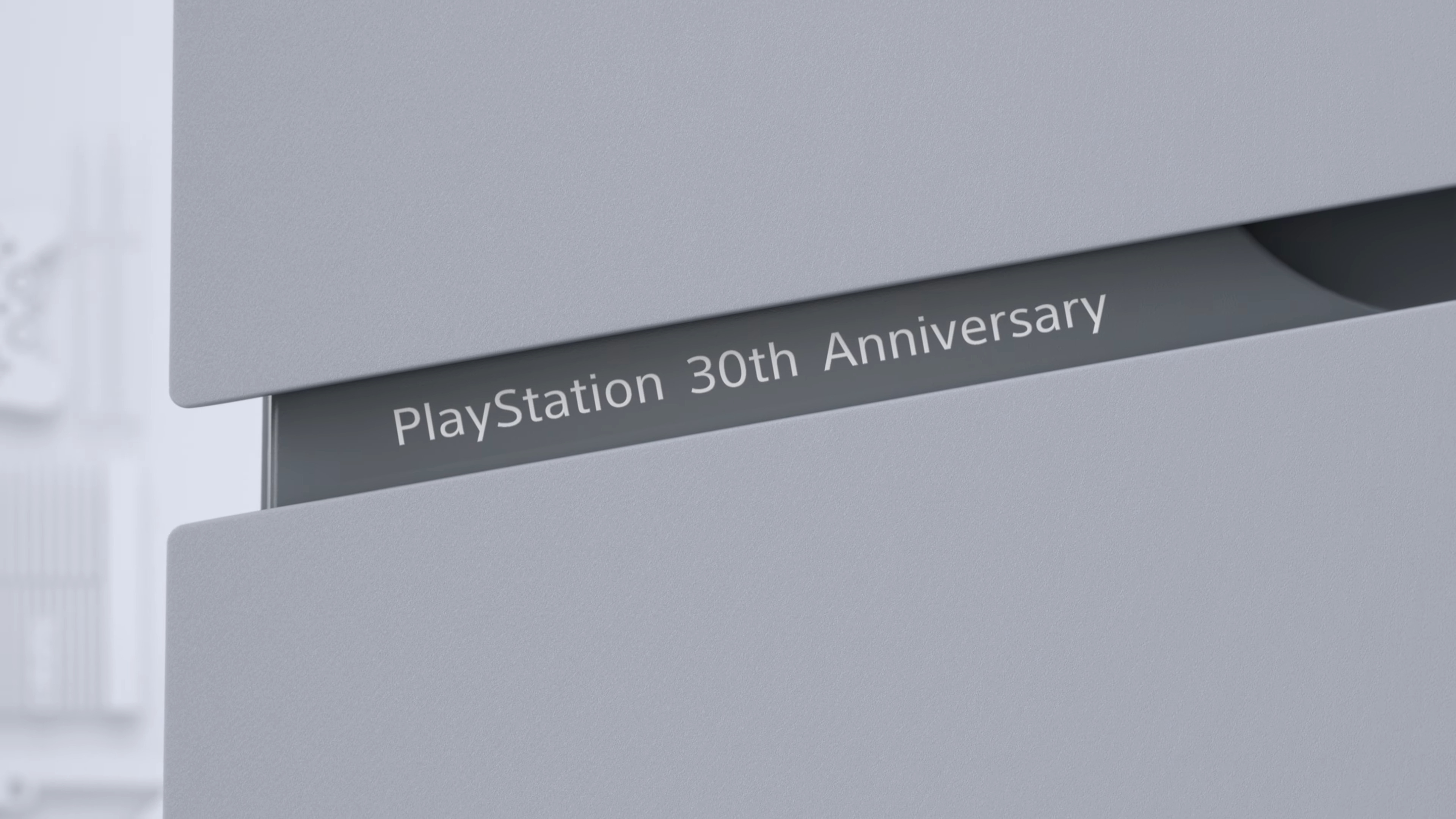Appeals court deems Mississippi mail-in ballot deadline illegal
A federal appeals court ruled that Mississippi’s law allowing mail ballots to be received after Election Day is illegal, a decision that escalates a consequential legal battle even as it may not affect the upcoming election. The 5th U.S. Circuit Court of Appeals' opinion sends the Republican National Committee’s (RNC) challenge back to a lower court to determine whether...

A federal appeals court ruled that Mississippi’s law allowing mail ballots to be received after Election Day is illegal, a decision that escalates a consequential legal battle even as it may not affect the upcoming election.
The 5th U.S. Circuit Court of Appeals' opinion sends the Republican National Committee’s (RNC) challenge back to a lower court to determine whether the Mississippi statute should be immediately blocked or whether it’s too close to the election to do so.
Even though the decision does not order any immediate changes to any state’s ballot deadline, it increases the possibility of the issue landing at the Supreme Court. Eighteen states accept mail ballots following Election Day as long as they are postmarked by then, according to the National Conference of State Legislatures.
“Federal law requires voters to take timely steps to vote by Election Day. And federal law does not permit the State of Mississippi to extend the period for voting by one day, five days, or 100 days. The State’s contrary law is preempted,” Circuit Judge Andrew Oldham wrote for the unanimous three-judge panel.
Oldham and the other two judges, Kyle Duncan and James Ho, were all appointed by former President Trump.
Mississippi’s law allows for mail ballots to be received by officials up to five days after Election Day. But the panel of judges ruled that federal law overrides that rule.
“Congress statutorily designated a singular ‘day for the election’ of members of Congress and the appointment of presidential electors,” the panel wrote. “Text, precedent and historical practice confirm this ‘day for the election’ is the day by which ballots must be both cast by voters and received by state officials.”
The Mississippi debate is one of multiple cases that Republicans have filed challenging the practice of accepting mail ballots after Election Day. A federal court in Nevada found the RNC had no legal standing to challenge the state’s similar law, and the RNC is now appealing.
"This is a major win for election integrity, upholding the law and commonsense ballot safeguards," RNC Chairman Michael Whatley said in a statement. "Voters deserve nothing less than a fair and transparent election which ends on November 5th. We will continue to defend the law, fight for protection of every legal vote, and stop election interference in our country's most important election."
The Hill has reached out to the DNC and a group of private parties that both intervened in the case to defend Mississippi's law.
Election officials have warned that voting by mail could face delays and significant disruption due to persistent issues they say the U.S. Postal Service has failed to address.
In September, groups representing election officials sent a letter to Postmaster General Louis DeJoy claiming that mailed ballots postmarked on time were still received days after state deadlines passed, nullifying those votes.
DeJoy said in response to the letter that election mail “routinely outperforms” other mail.
Postal Service records show that roughly 99.89 percent of ballots were delivered from voters to election officials within seven days in 2020. In 2022, that figure rose to 99.93 percent.
But thirty-two states require mail ballots be received by Election Day to be counted. At least 10 other states, including Mississippi, require ballots postmarked by Election Day to be received by election officials in fewer than seven days. And several other states set seven days as the deadline.
DeJoy said in the letter that he is "confident” in the Postal Service’s preparations for November’s contests.
About 43 percent of American voters cast their ballots by mail in 2020, and 31 percent voted that way in 2022.
Updated at 6:34 p.m. EDT



